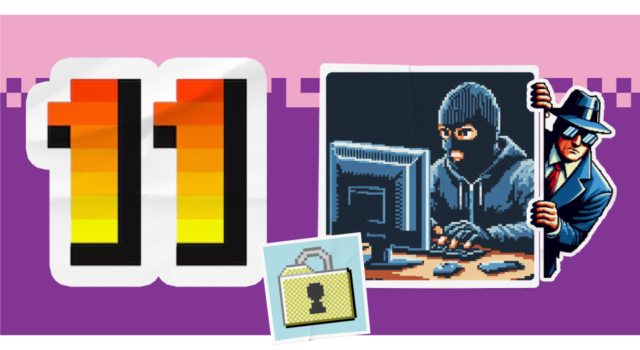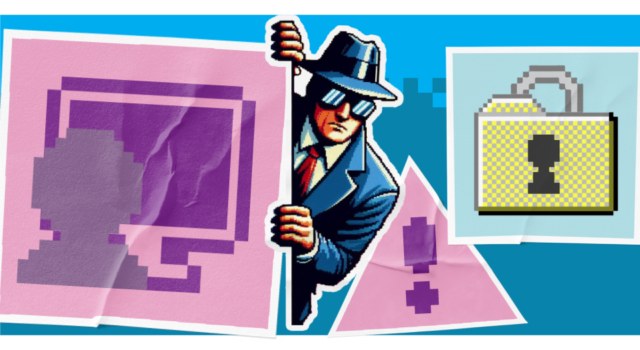How does Infinity Group’s cyber security consultancy work?
We believe implementing a robust IT security strategy means controlling three pillars: people, processes and technology. By following this approach, we help organisations defend themselves from highly organised attacks and common threats that occur internally, such as accidental breaches and human error.
Our specialist IT consultants provide a wide range of cyber security solutions, which will be fully tailored to your needs. This gives you support that addresses the specific threats facing your business and your internal vulnerabilities.
With remote or onsite support options, our team can help seamlessly mitigate cyber security risks using specialist technologies in line with best practise and the GDPR framework. Core areas we cover include conducting audits and assessments, designing bespoke strategies, leading penetration testing and helping to develop disaster recovery plans.
With our dedicated service and leading expertise, you’ll be guaranteed peace of mind that your business assets are safe, protected and can be immediately restored should the need ever arise.







